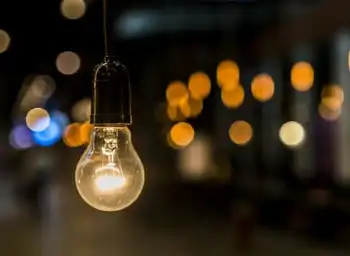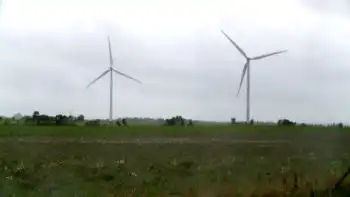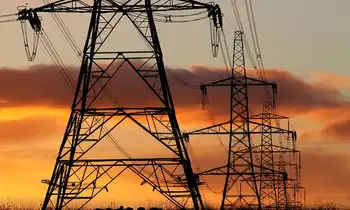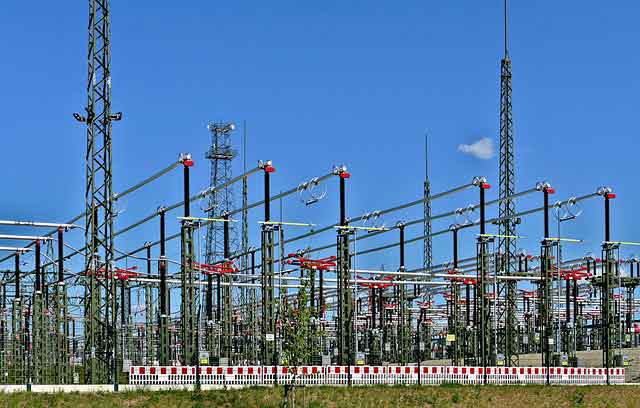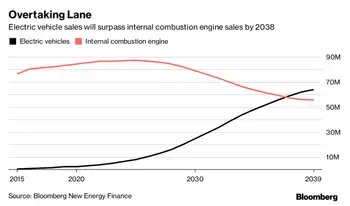Worst polluters come to greenhouse forum
By Reuters
NFPA 70e Training
Our customized live online or in‑person group training can be delivered to your staff at your location.

- Live Online
- 6 hours Instructor-led
- Group Training Available
The two-day meeting of so-called major economies is meant to jump-start climate talks in advance of a December deadline, when the international community meets in Copenhagen to find a follow-up agreement to the Kyoto Protocol, which limits climate-warming greenhouse emissions and expires in 2012.
Secretary of State Hillary Clinton made the opening remarks. Participants are expected to discuss technology cooperation and other issues.
The major economies include Australia, Brazil, Britain, Canada, China, the European Union, France, Germany, India, Indonesia, Italy, Japan, Korea, Mexico, Russia, South Africa and the United States. Denmark, the host of the December meeting, also was invited.
Environmentalists and others see U.S. commitment to fighting climate change as key to any global pact.
"Without U.S. leadership, a global warming agreement in Copenhagen will be largely out of reach," said Jake Schmidt of the Natural Resources Defense Council activist group.
President Barack Obama has stressed the link between fighting climate change and helping the struggling economy, and called the meeting to relaunch the major economies process begun by his predecessor George W. Bush.
The Bush team's efforts drew skepticism from many participants and were seen as a distraction from the main U.N. negotiations on climate change.
Obama aims to cut U.S. emissions by about 15 percent by 2020, back to 1990 levels.
Bush opposed the Kyoto Protocol and any other across-the-board limits on emissions of the greenhouse gas carbon dioxide, saying the agreement unfairly exempted such quickly growing economies as China and India, and would hurt the U.S. economy.
By contrast, the Obama team has pushed for action on climate change, most recently by declaring that carbon dioxide emissions endanger human health and welfare, which means the U.S. Environmental Protection Agency can regulate them as pollutants. No regulations have been put in place, and Obama prefers legislation to regulation on this issue.
Legislation is already being debated in the U.S. House of Representatives Energy and Commerce Committee, where former Vice President Al Gore, a long-time environmental activist, urged passage of a U.S. carbon-capping law this year.
Todd Stern, the U.S. special envoy for climate change, declined to specify what the United States needs to bring to Copenhagen in December to demonstrate U.S. leadership, but noted the Obama administration's approach differs markedly from that of the Bush team.
"They were not fundamentally looking for an international agreement," Stern said. "We are looking for an international agreement, and we're looking for cooperation at a significant, we hope, transformative level."





